The Importance of Cooker Hood Filters: A Guide to Cleaner Kitchen Air

In the culinary heart of the home, the kitchen, a myriad of aromas and flavours are brought to life. However, with the sizzle of the frying pan and the steam of boiling pots comes the less desirable by-products of cooking: grease, smoke, and lingering odours. This is where the unsung hero of kitchen cleanliness, the cooker hood filter, plays its pivotal role. Understanding the importance of these filters is essential for anyone looking to maintain a fresh and hygienic kitchen environment. This guide explores the vital function these filters serve and offers insight into how they contribute to cleaner kitchen air.
The Role of Cooker Hood Filters
Cooker hood filters are the first line of defence against the spread of cooking odours, grease, and smoke in the kitchen. Positioned above the stove, these filters work tirelessly to capture and remove airborne particles produced during cooking. There are two main types of filters found in cooker hoods: metal grease filters and charcoal filters. Metal grease filters are designed to trap grease particles, preventing them from settling on kitchen surfaces and appliances. Charcoal filters, used in recirculating hoods, absorb odours, ensuring that the air in your kitchen remains fresh.
Why Cooker Hood Filters are Essential
- Air Quality: By trapping grease and odour particles, cooker hood filters significantly improve the air quality in your kitchen. This not only makes the cooking environment more pleasant but also healthier, reducing the risk of respiratory issues caused by inhaling cooking fumes.
- Cleanliness: A functioning filter helps keep kitchen surfaces, walls, and appliances free from greasy residues. This makes cleaning easier and prevents the buildup of grime that can attract pests.
- Appliance Efficiency: Regular cleaning and replacement of cooker hood filters ensure that your extractor fan works efficiently, effectively removing unwanted odours and smoke from your kitchen. A clogged filter can strain the motor, leading to increased energy consumption and potentially costly repairs.
- Fire Safety: Grease buildup in cooker hood filters can pose a significant fire risk. A clean filter reduces this danger, making your kitchen a safer place to cook.
Maintaining Your Cooker Hood Filter
To ensure that your cooker hood continues to function effectively, regular maintenance of the filters is essential. Metal grease filters should be cleaned monthly, either by soaking in a degreasing solution or, if manufacturer guidelines permit, in the dishwasher. Charcoal filters, on the other hand, cannot be cleaned and should be replaced every three to six months, depending on the frequency of cooking.
Recognising When Replacement is Needed
While cleaning can maintain metal grease filters, there comes a time when replacement is the only option, especially if the filter is damaged or its efficiency has significantly decreased. For charcoal filters, regular replacement is a necessity due to their absorbent nature, which diminishes over time.
The significance of cooker hood filters in maintaining a clean, safe, and pleasant kitchen environment cannot be overstated. By effectively capturing grease, smoke, and odours, these filters not only improve air quality but also contribute to the overall cleanliness and safety of your cooking space. Regular maintenance and timely replacement of these filters are key to ensuring their continued efficacy. Investing a little time and effort into caring for your cooker hood can have a big impact on the enjoyment and healthiness of your kitchen space.
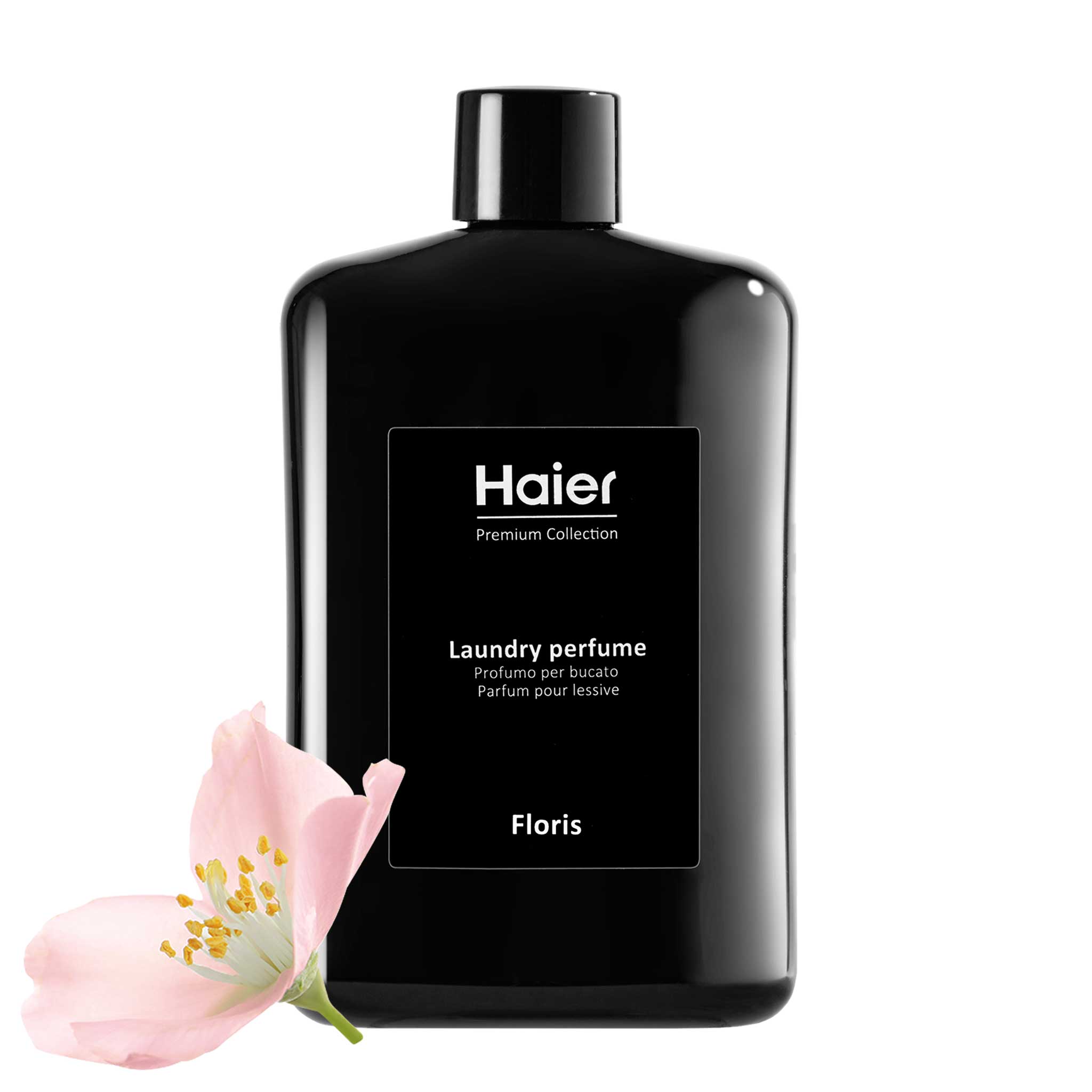
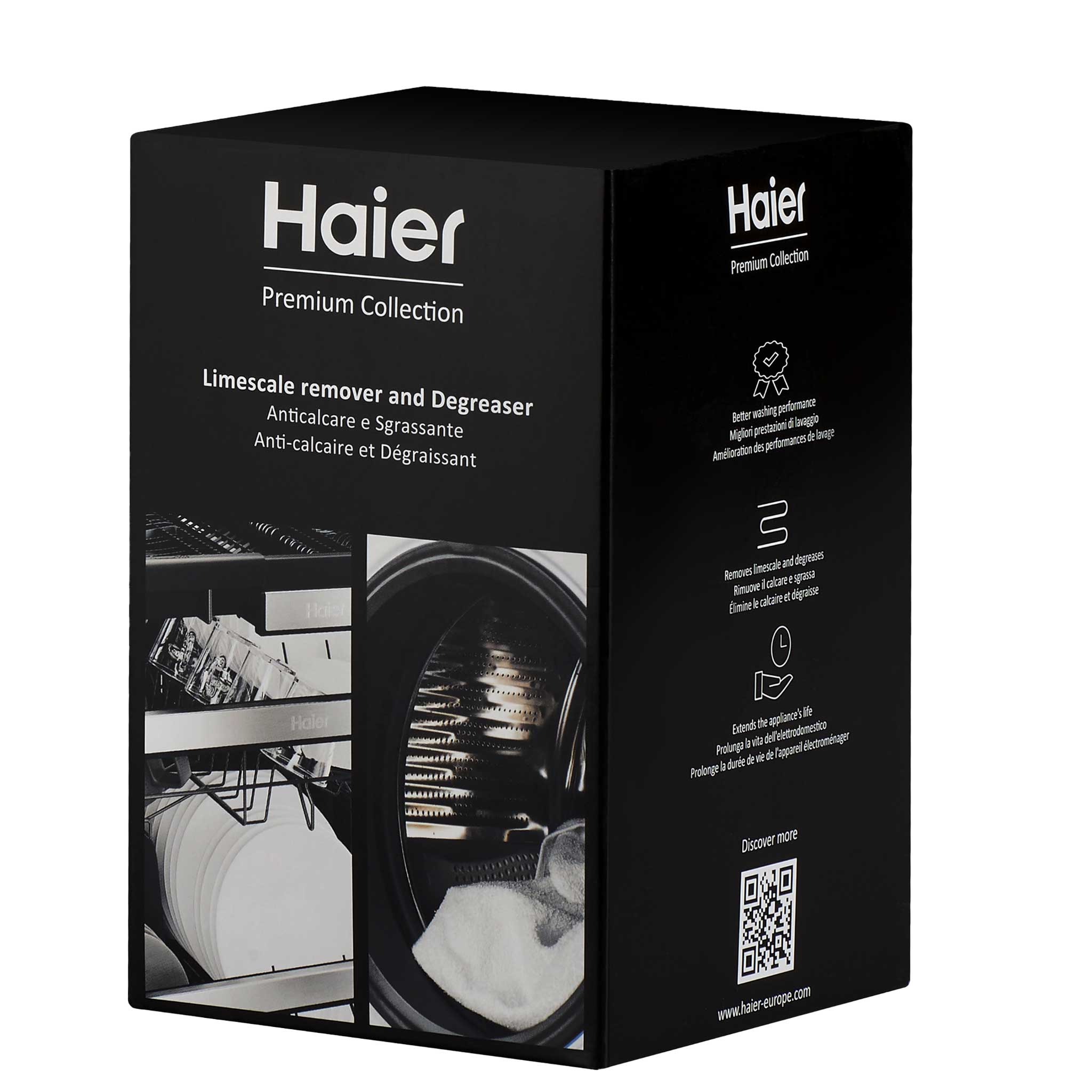
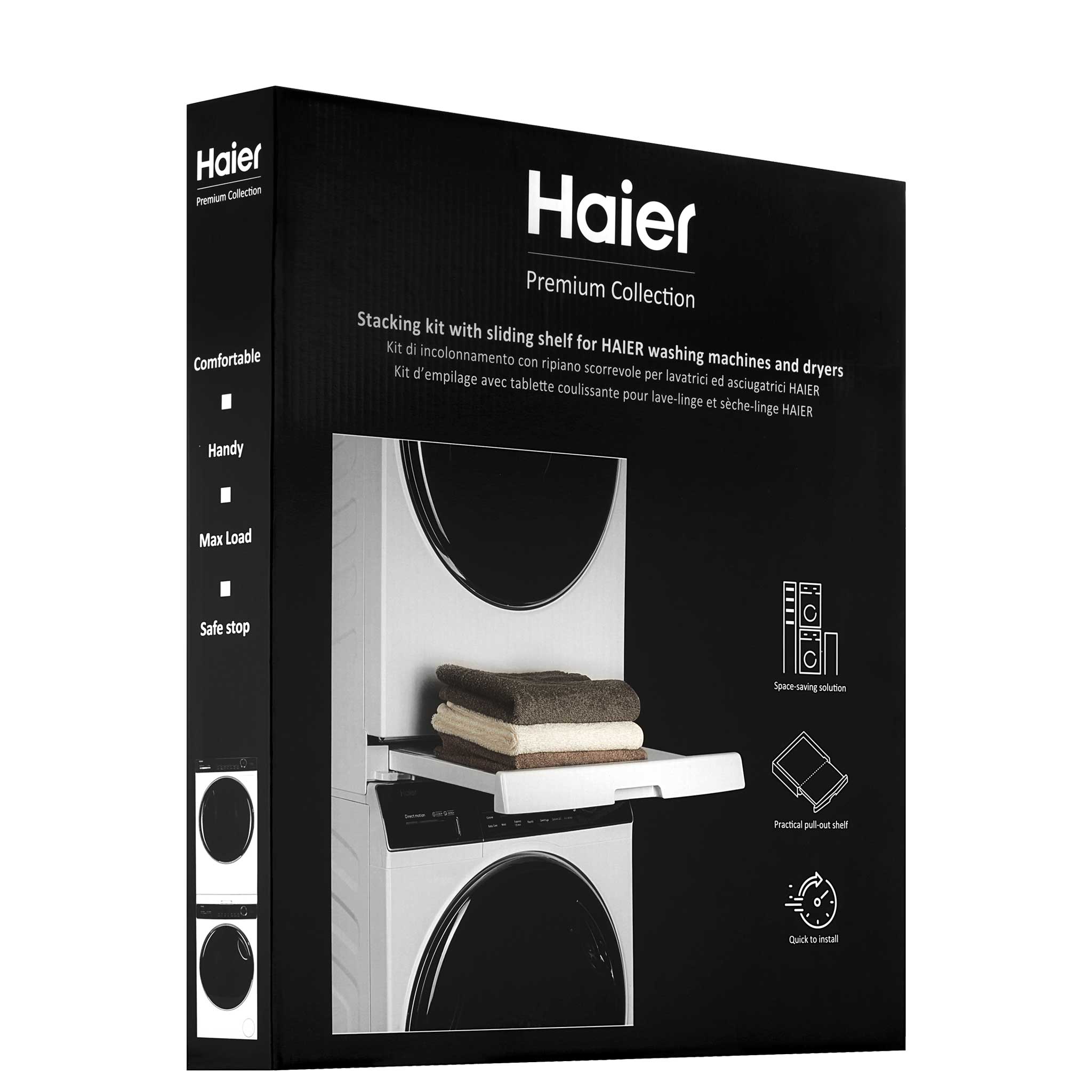
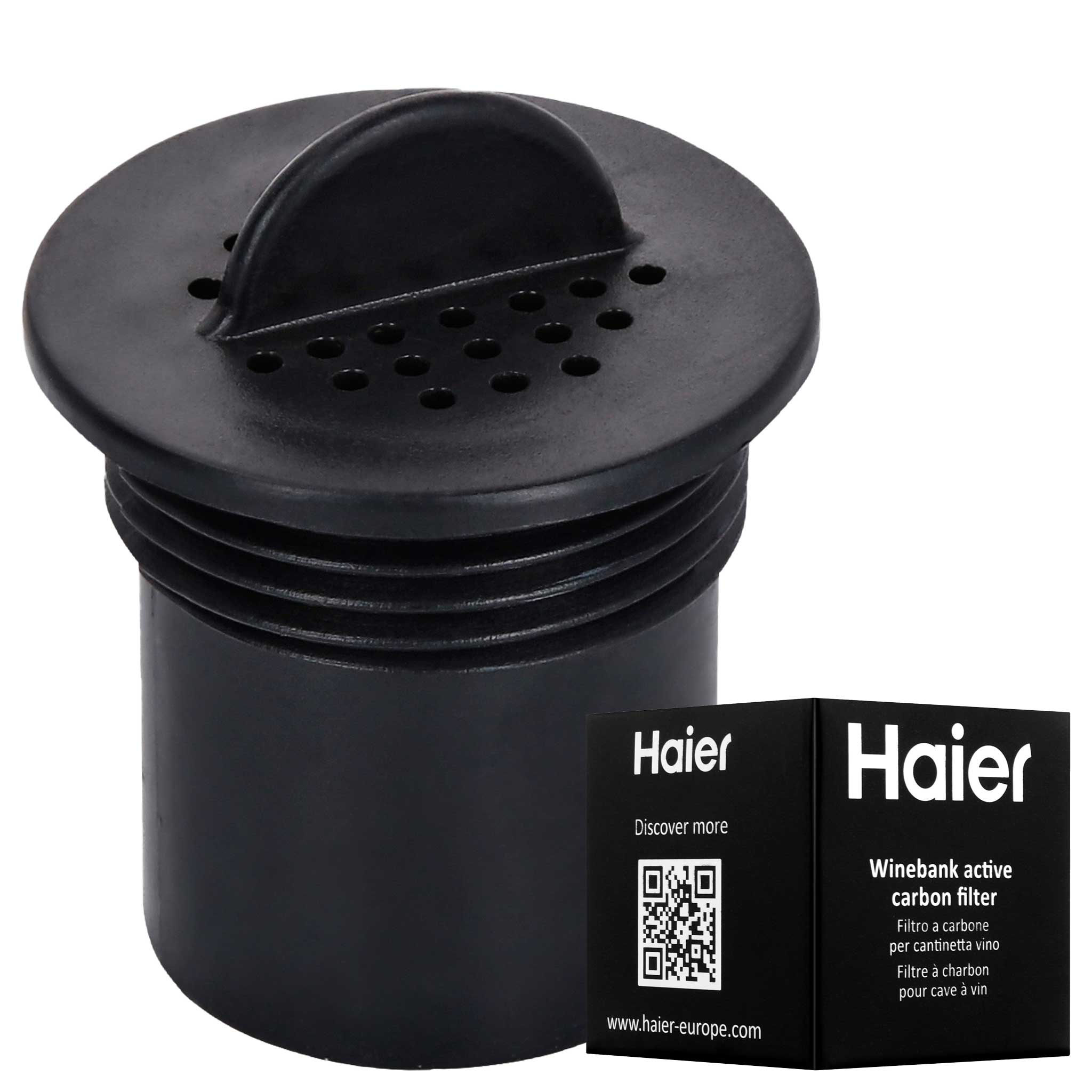
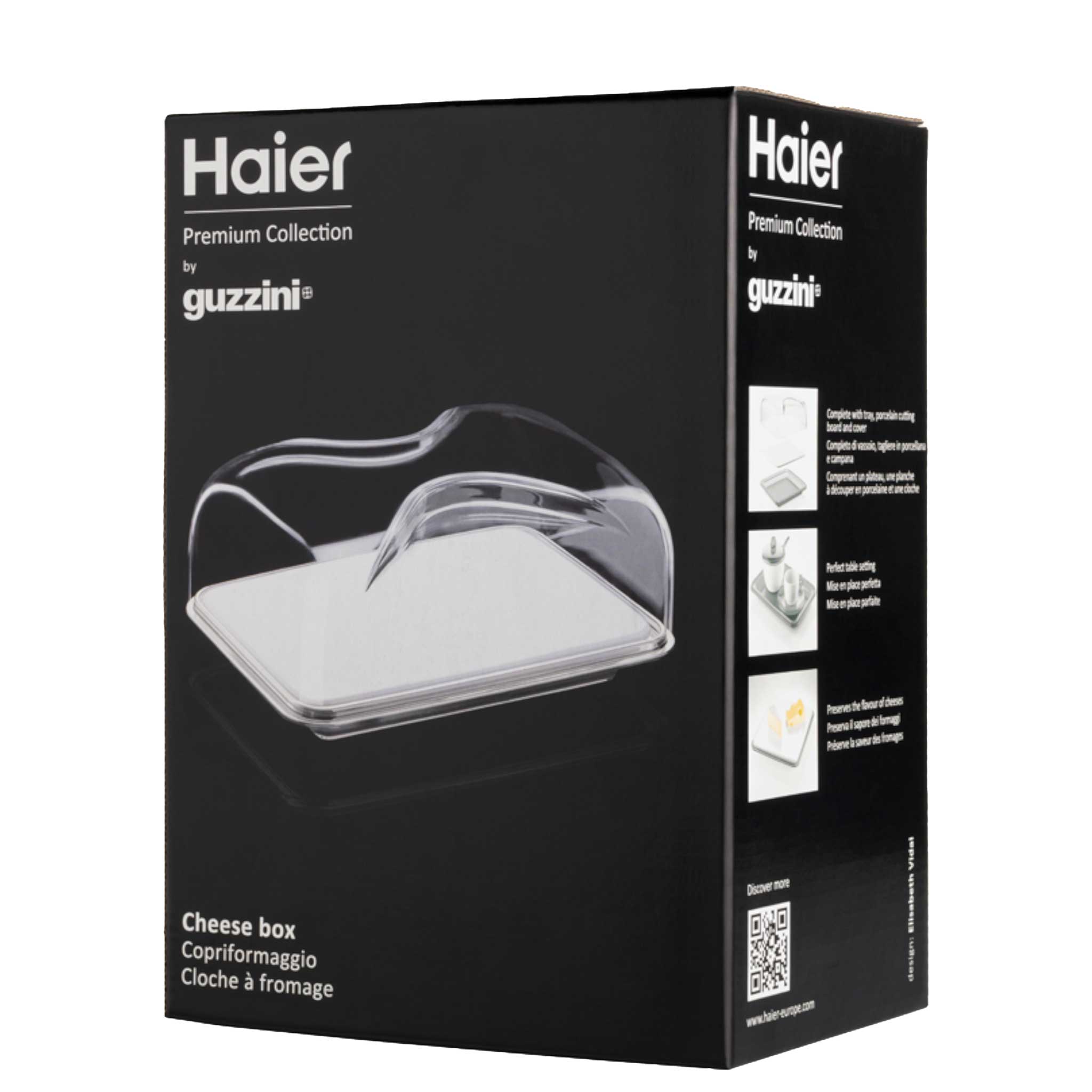
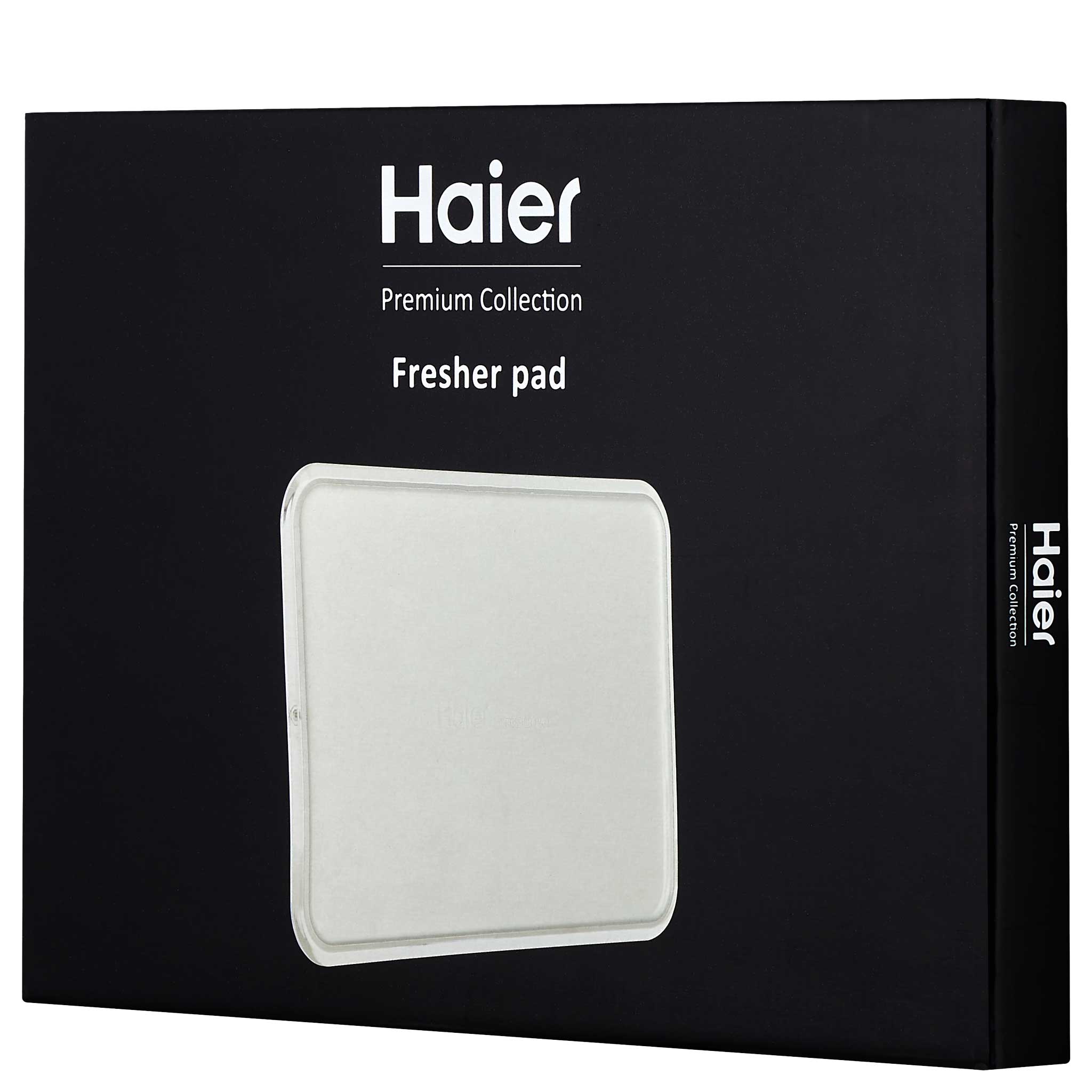
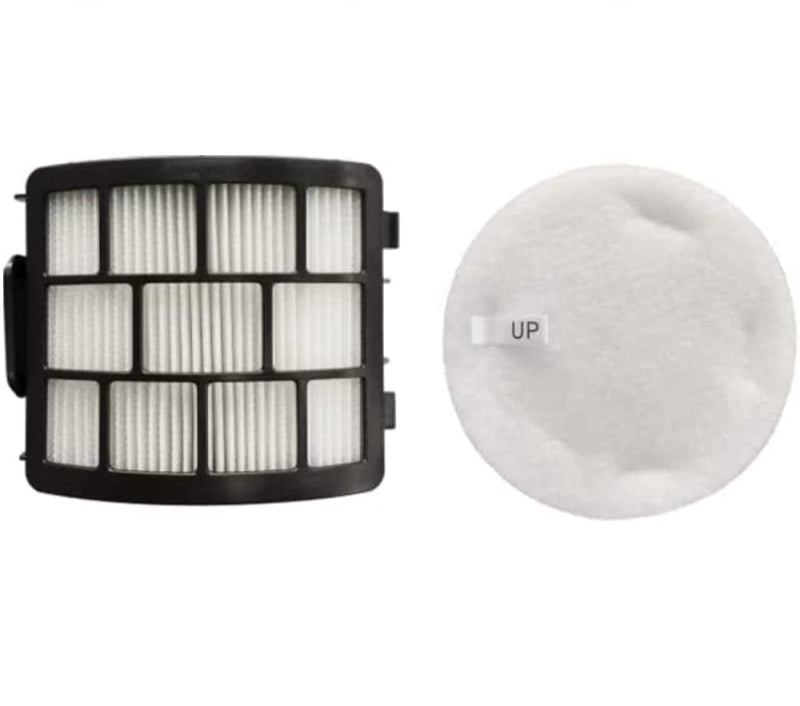
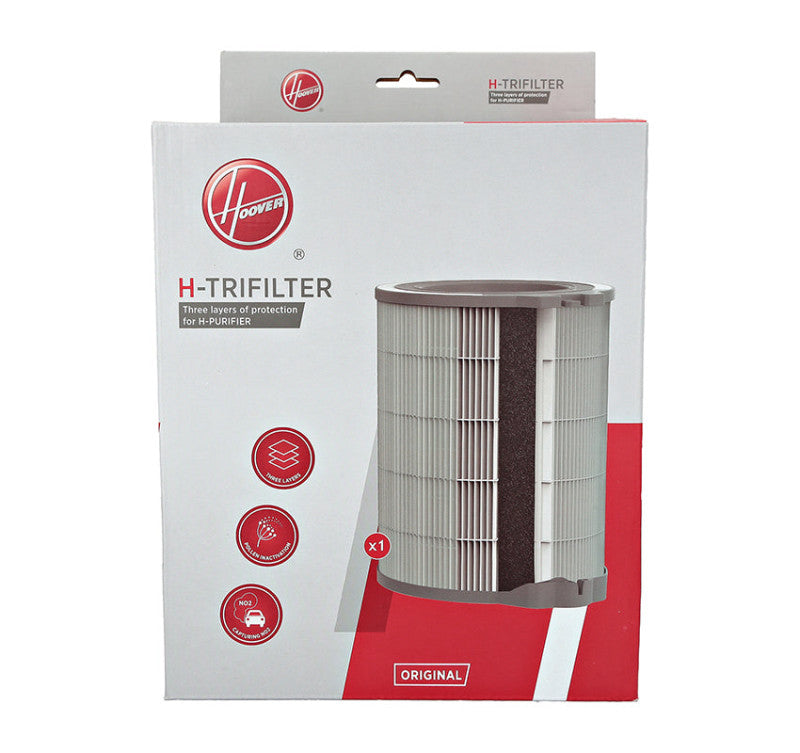
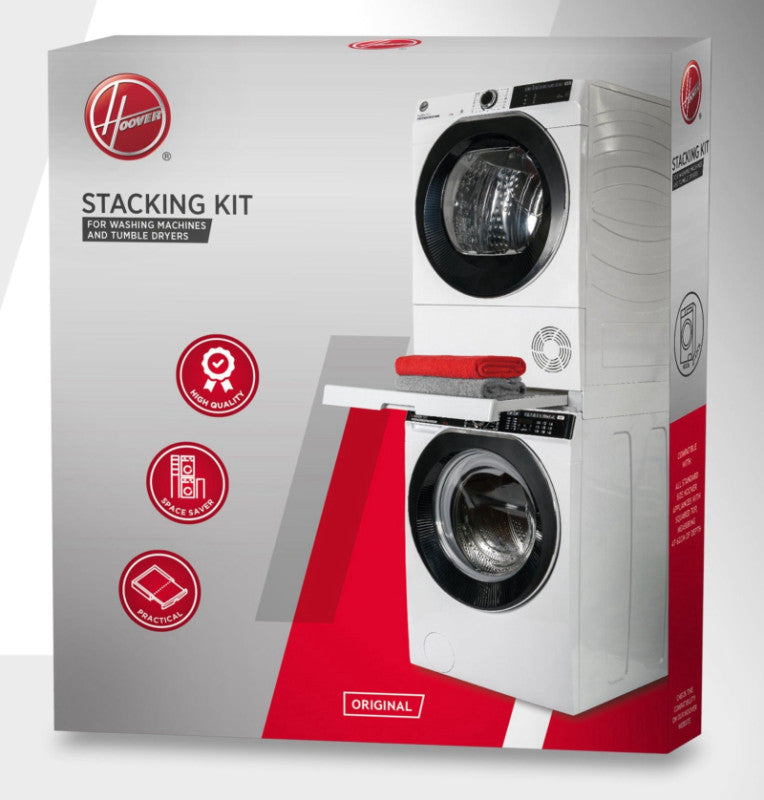


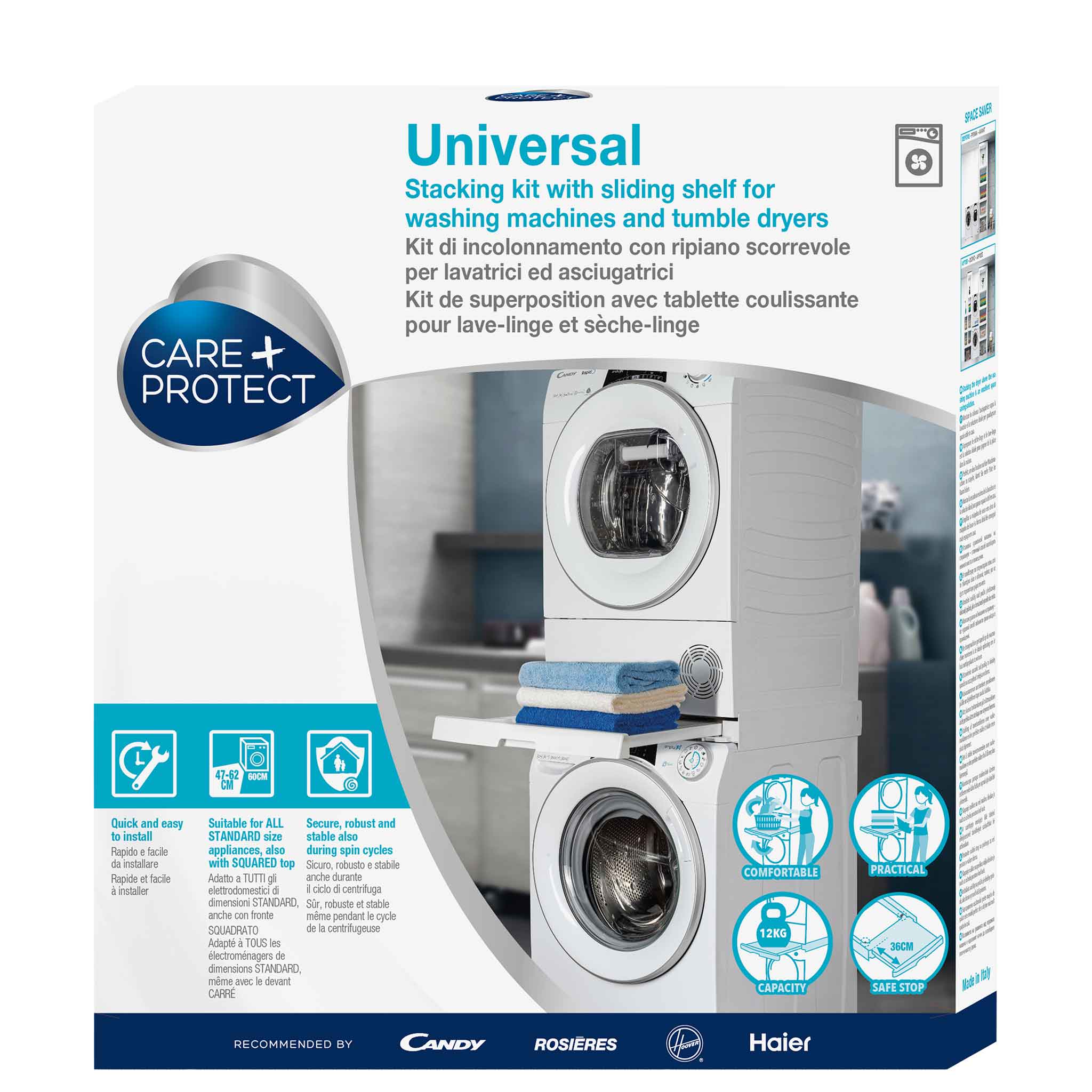
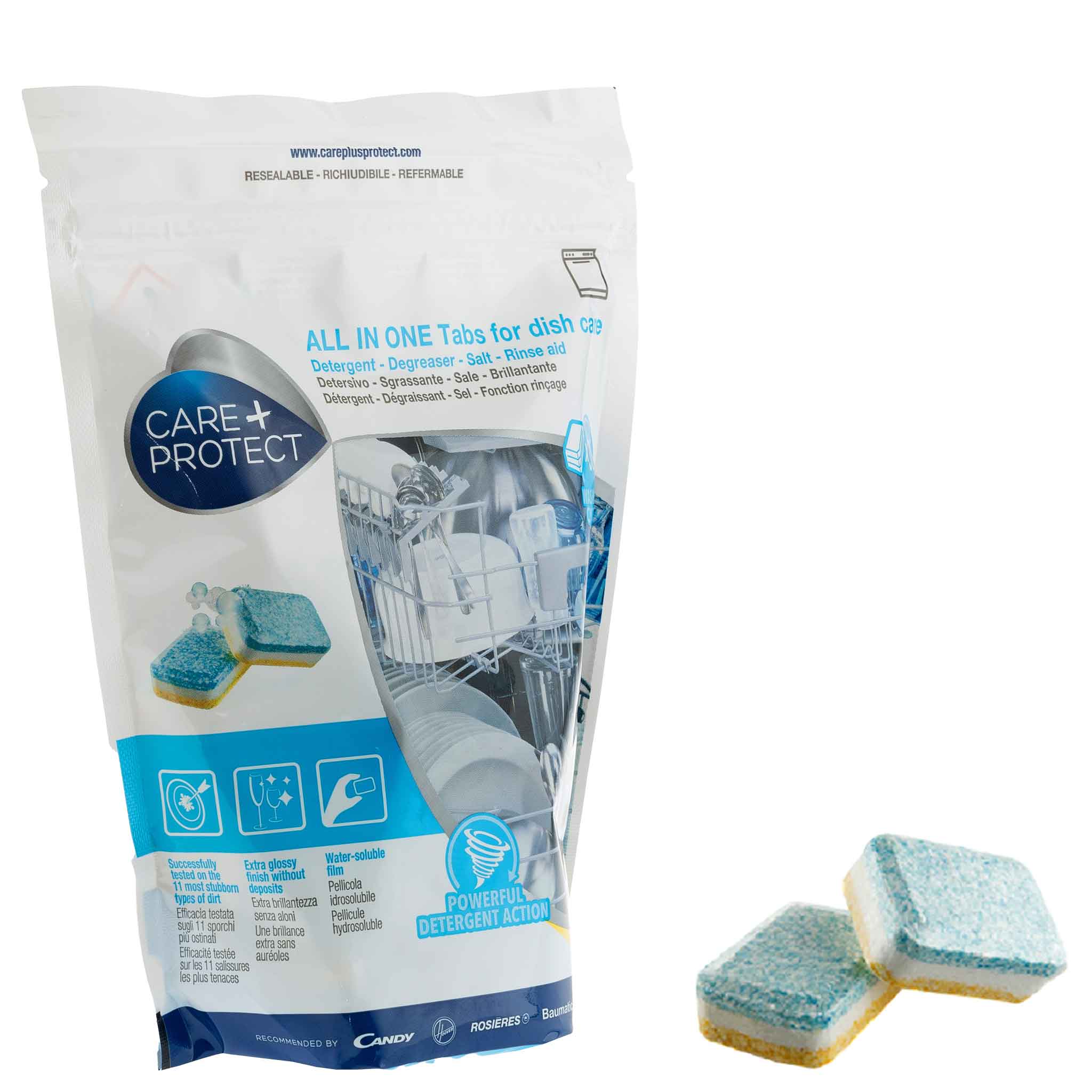
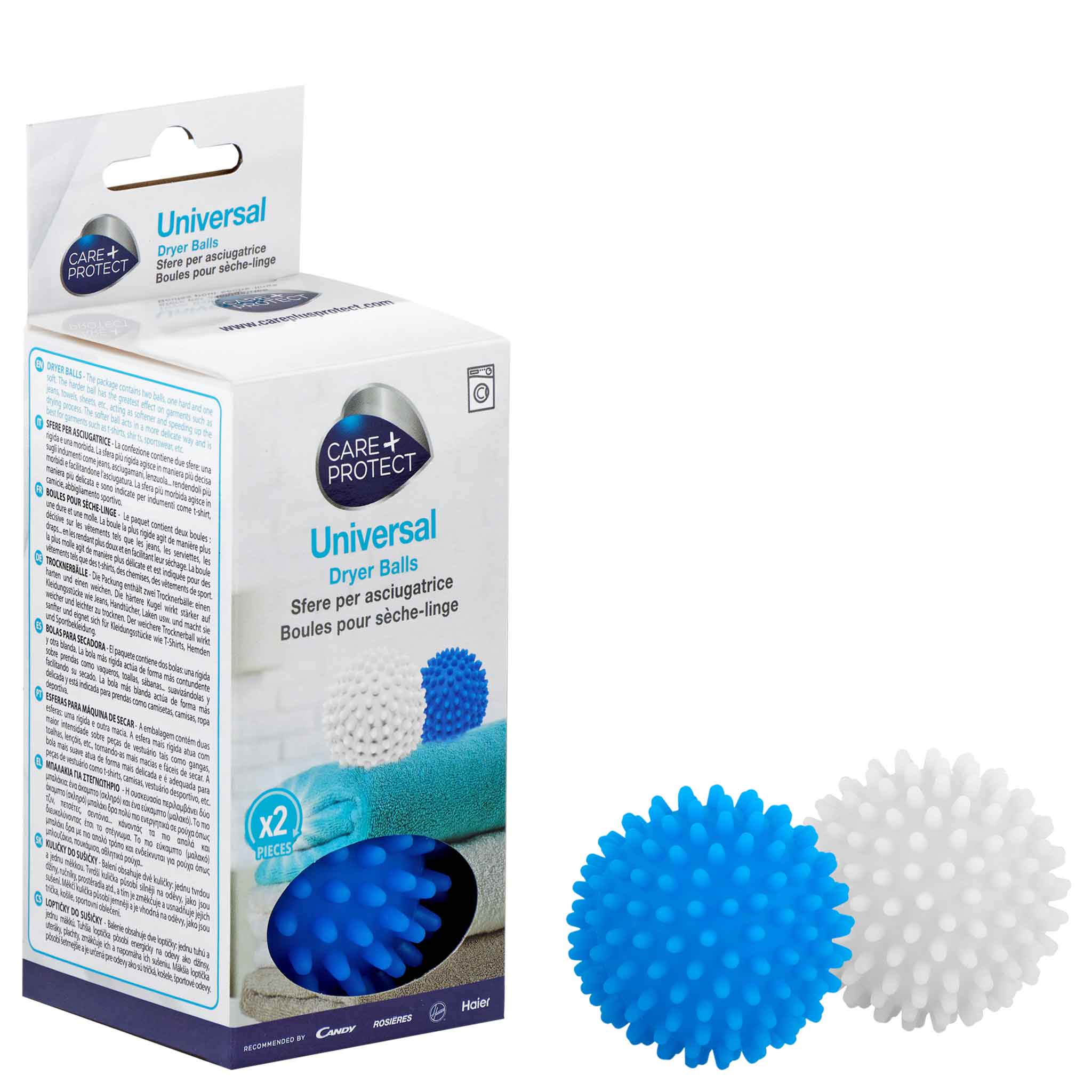
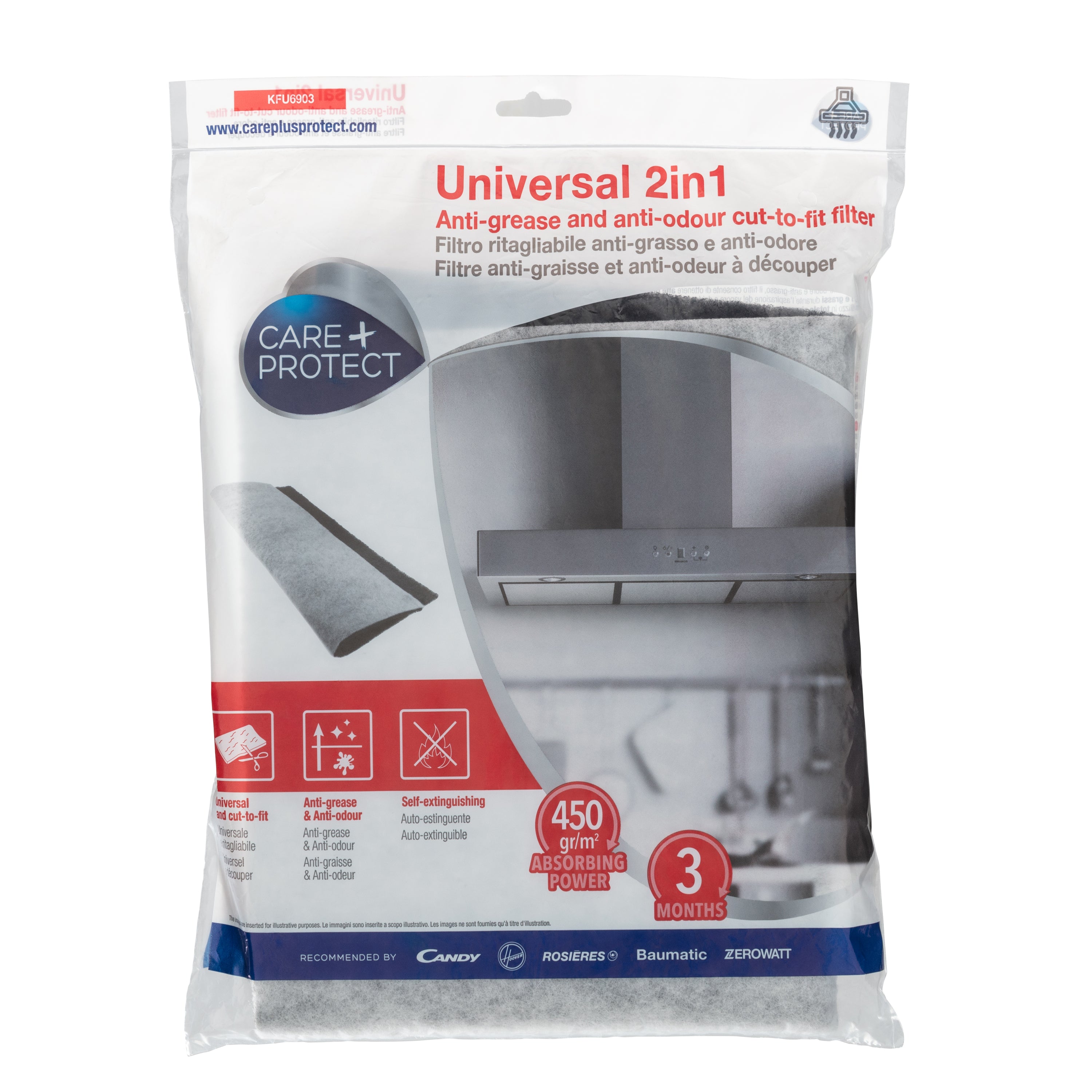
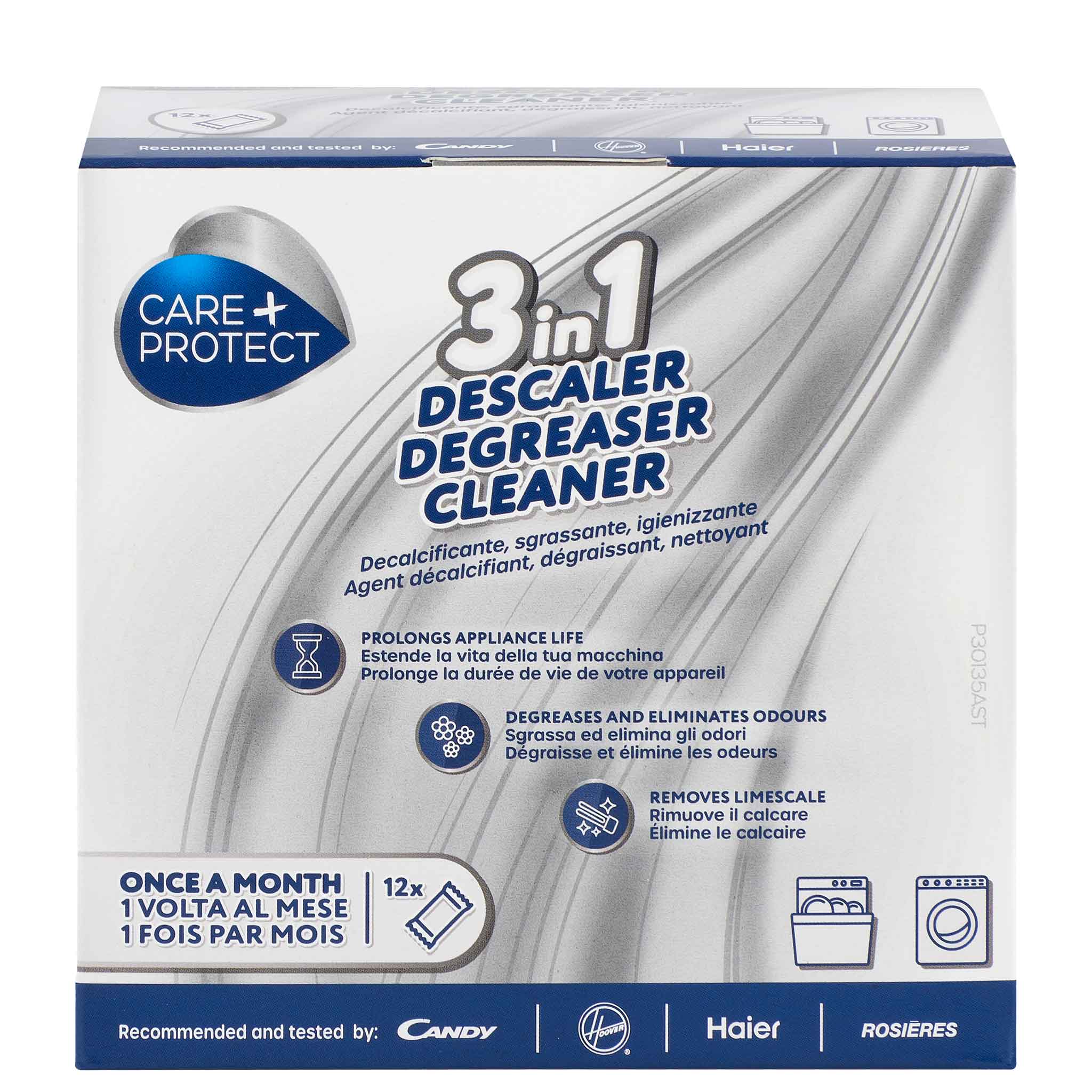
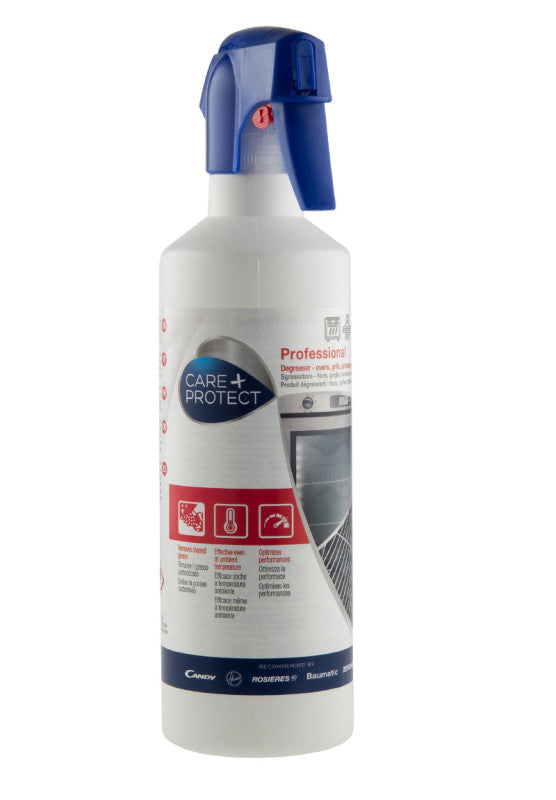
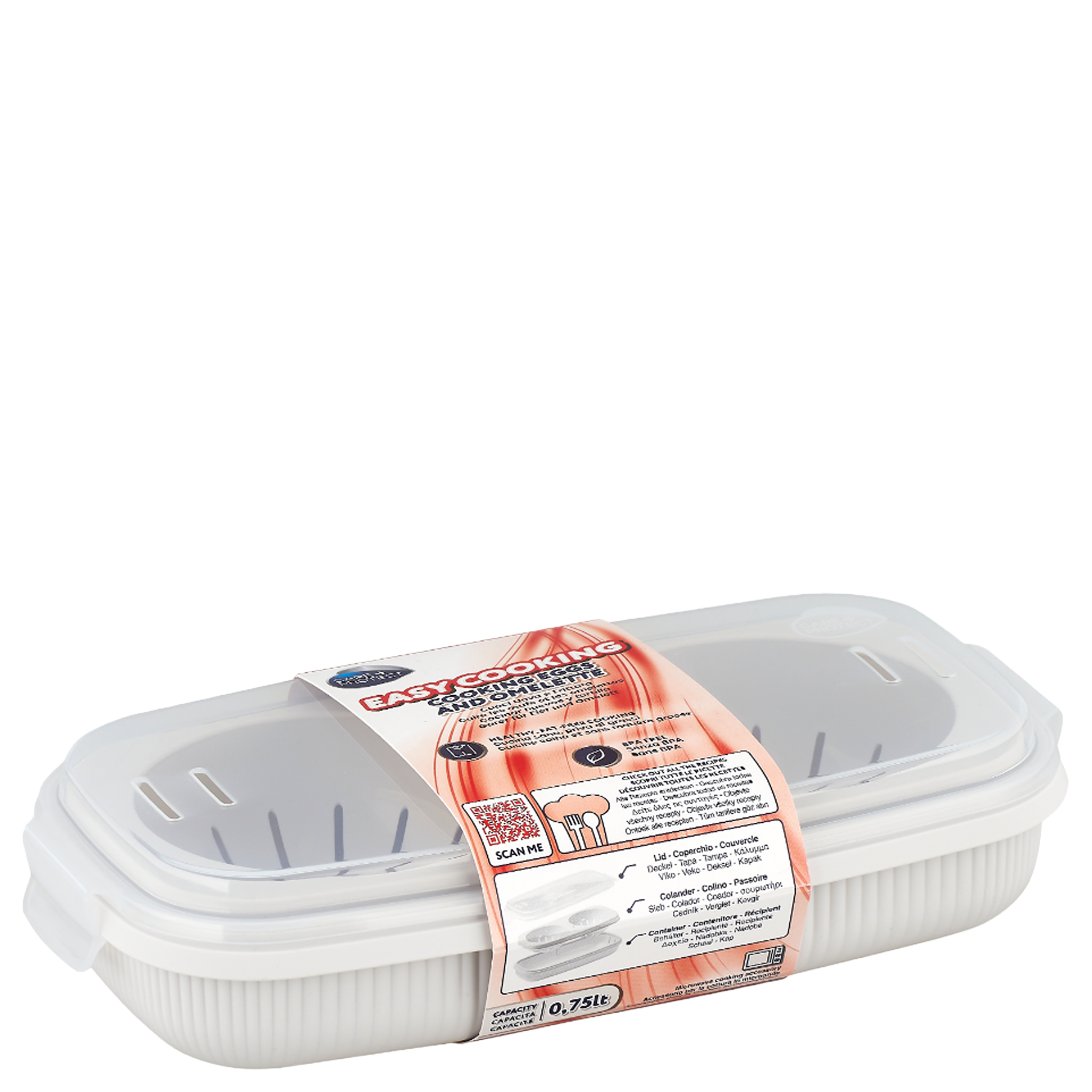
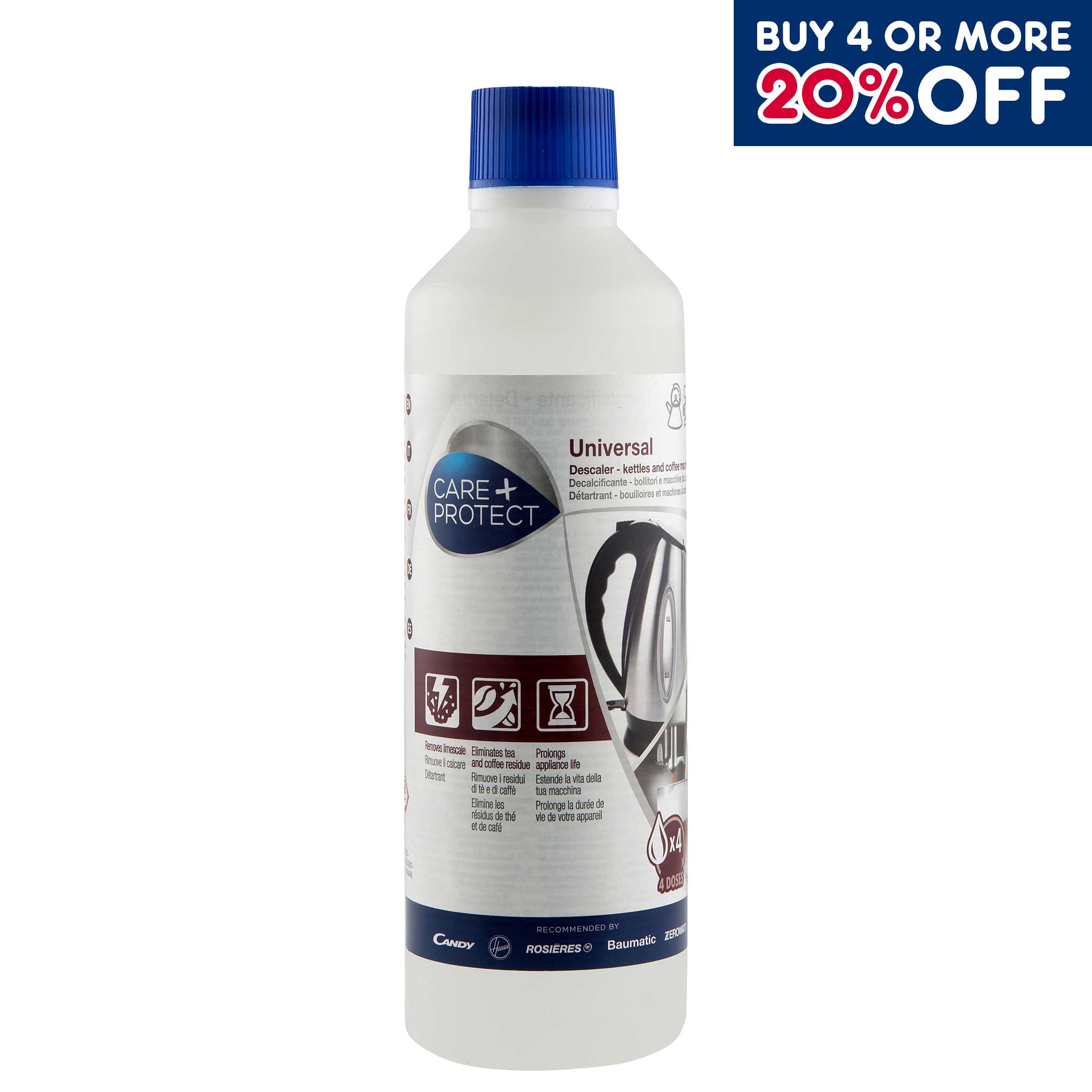
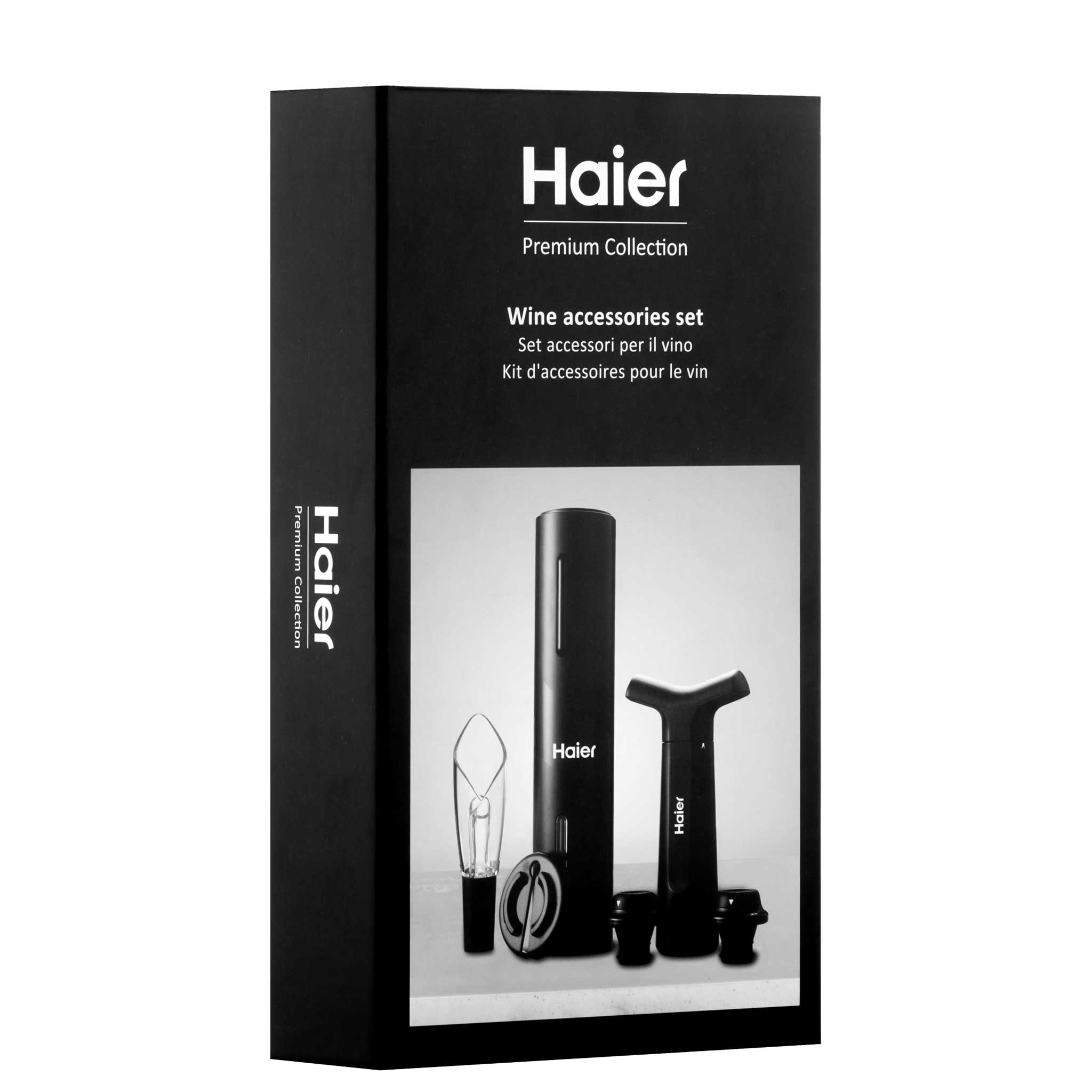
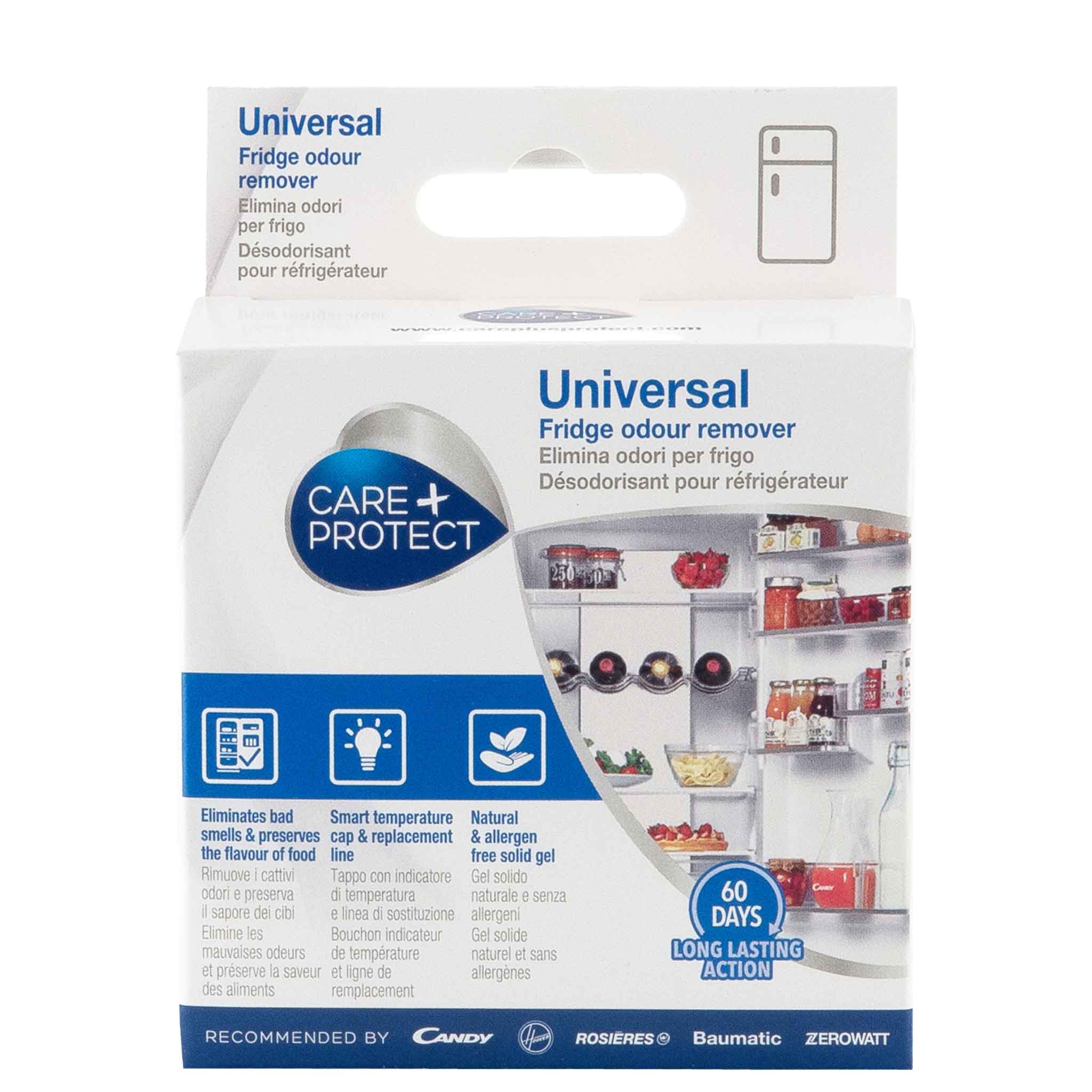
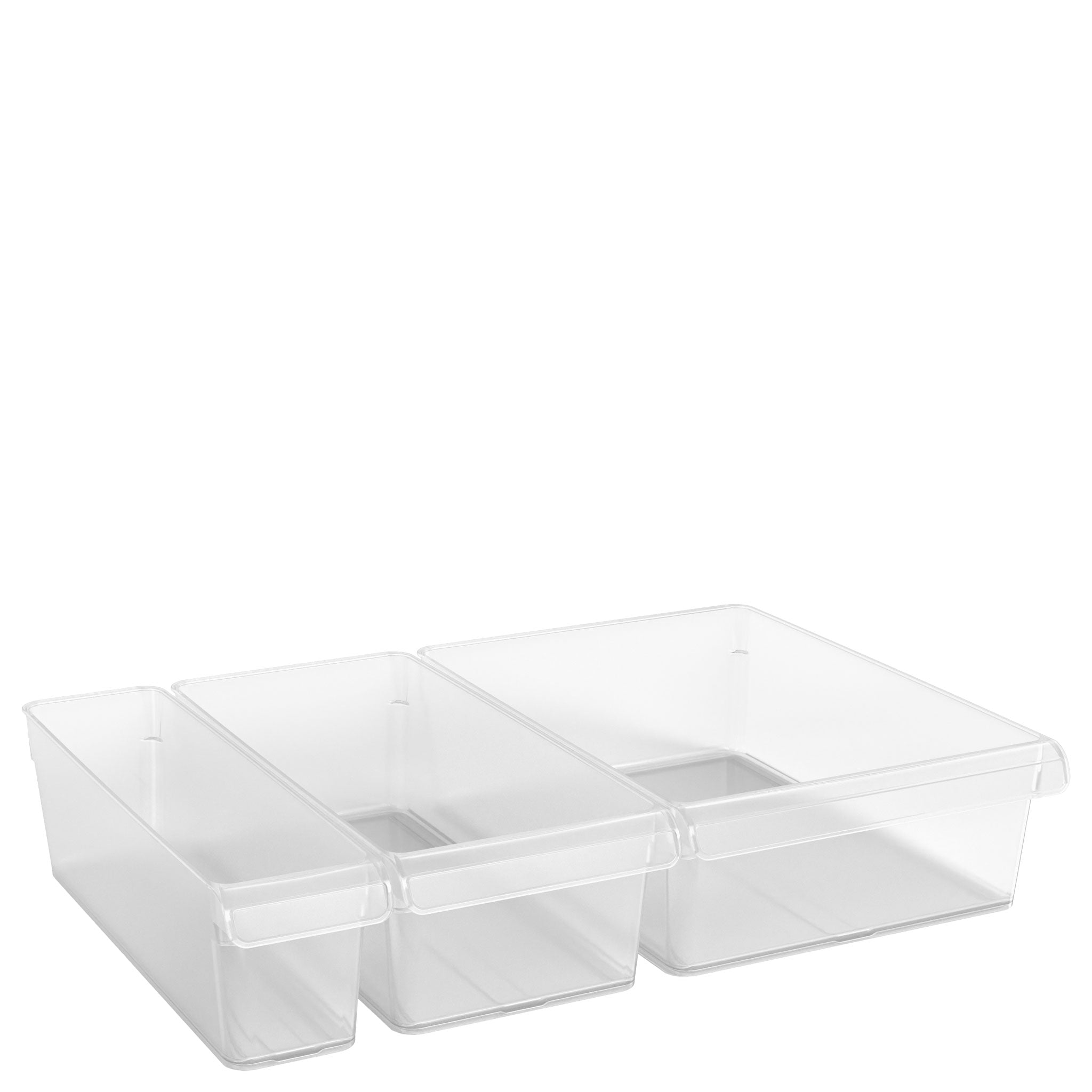
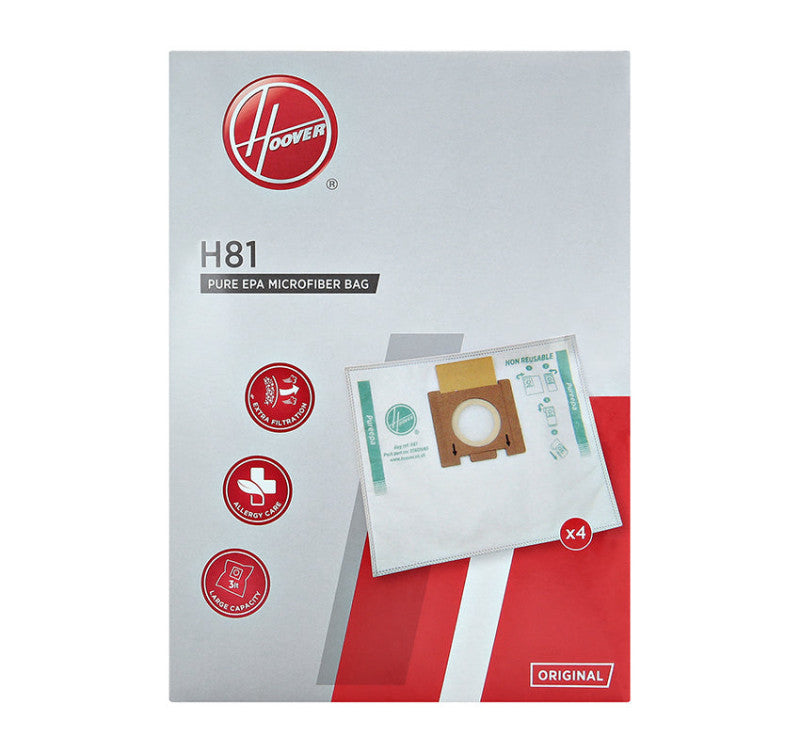
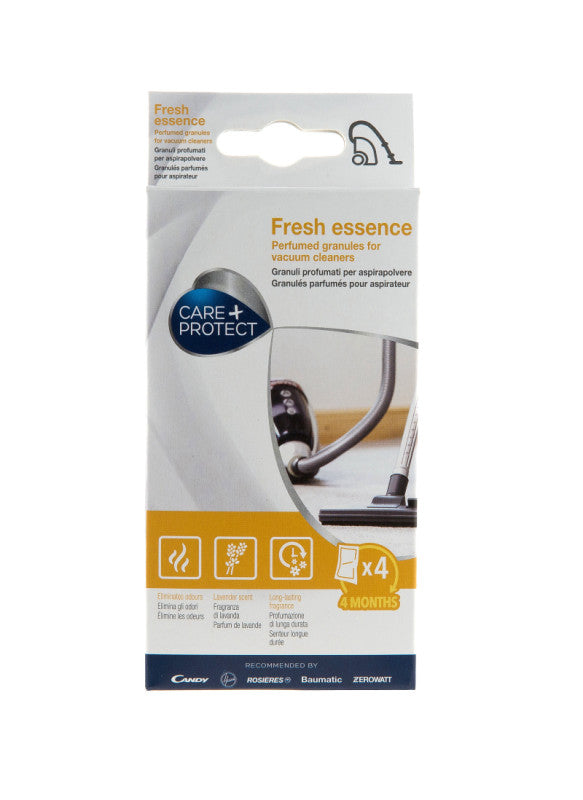
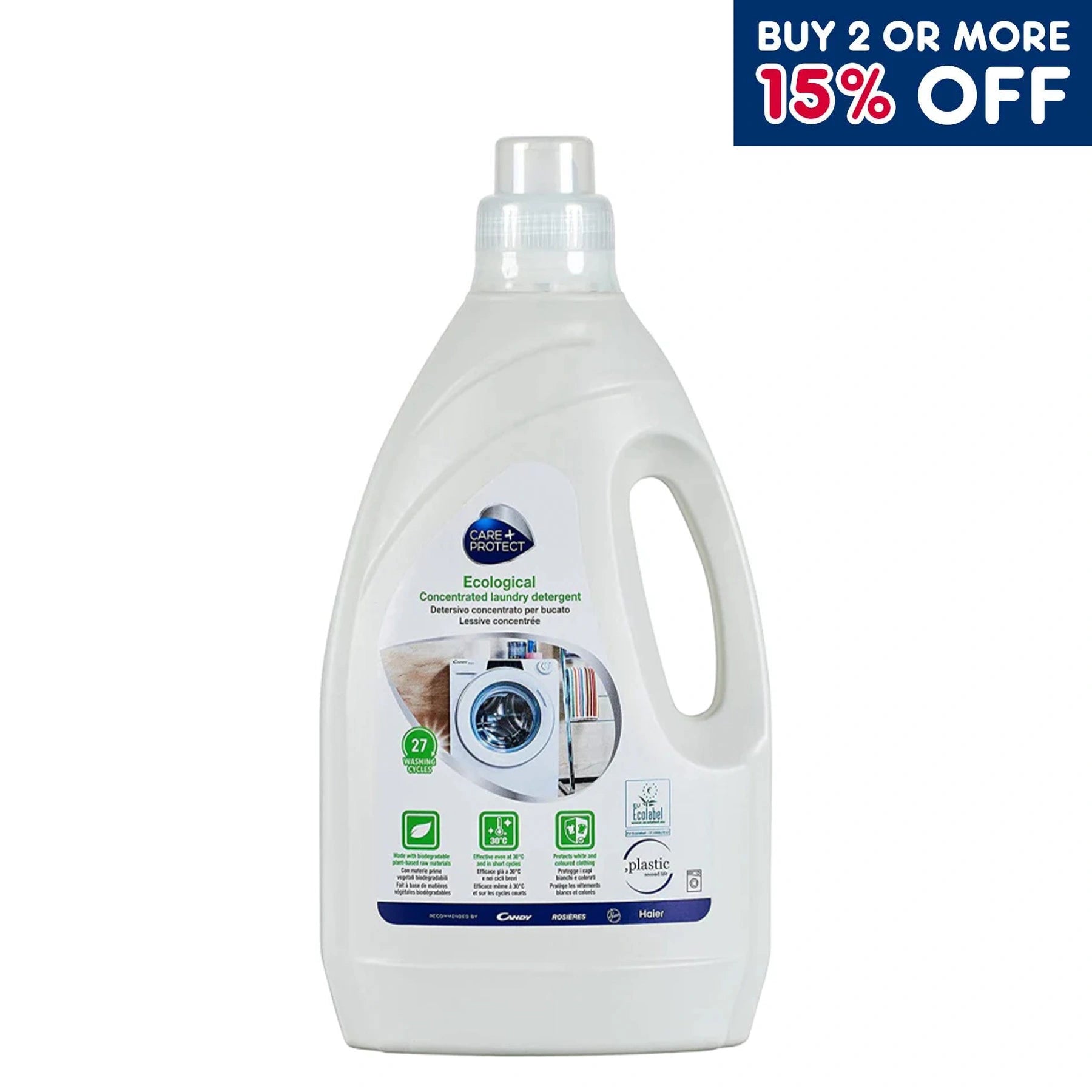
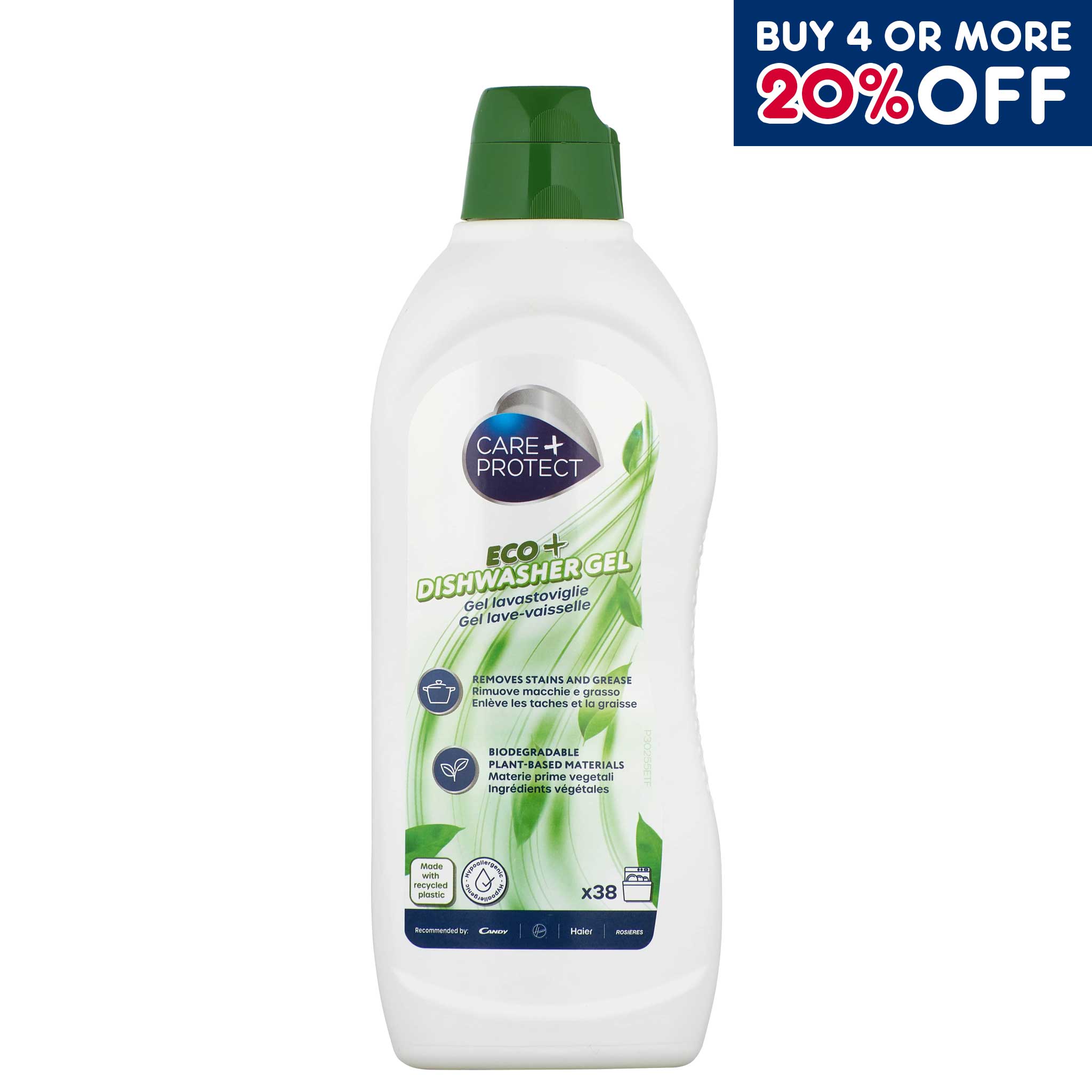
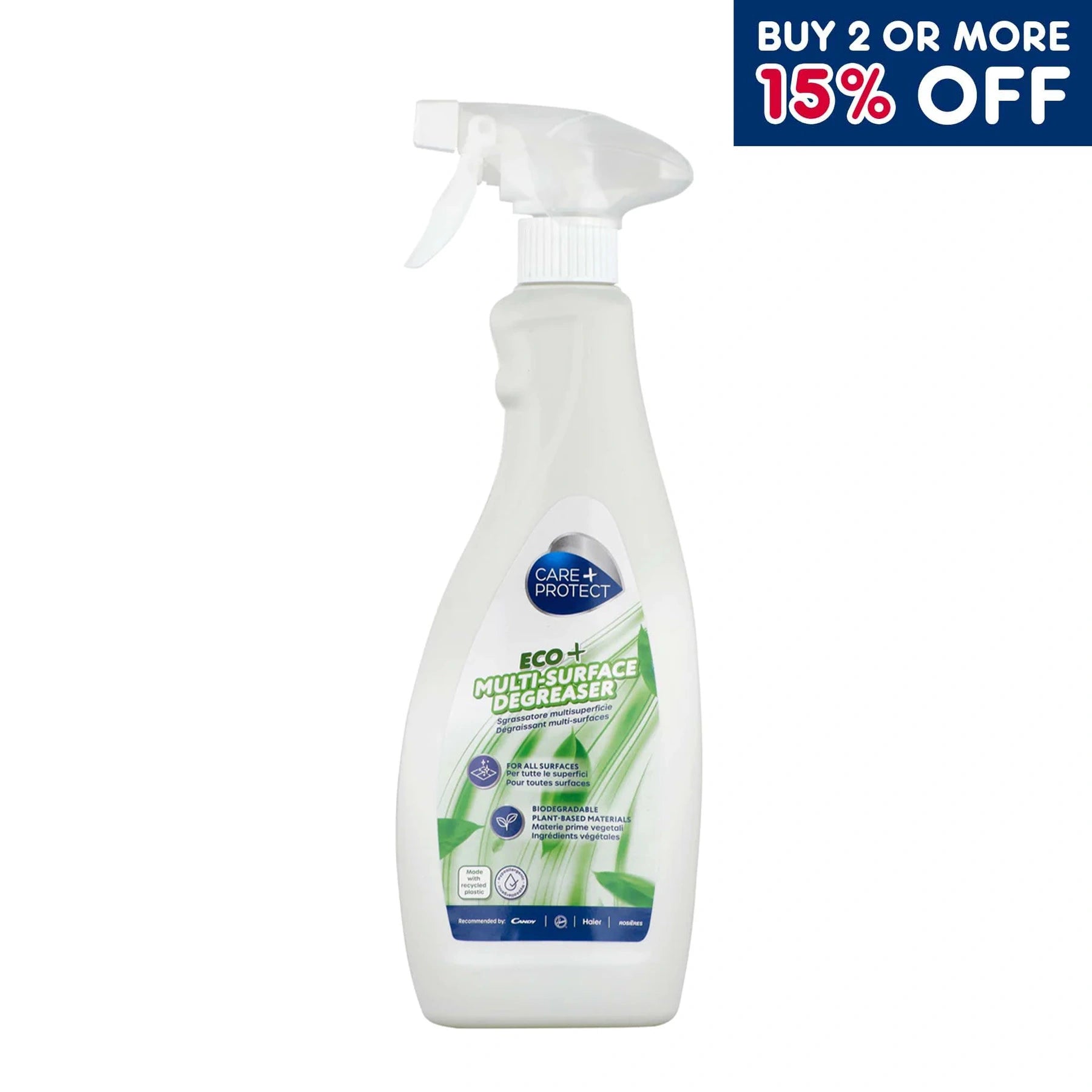
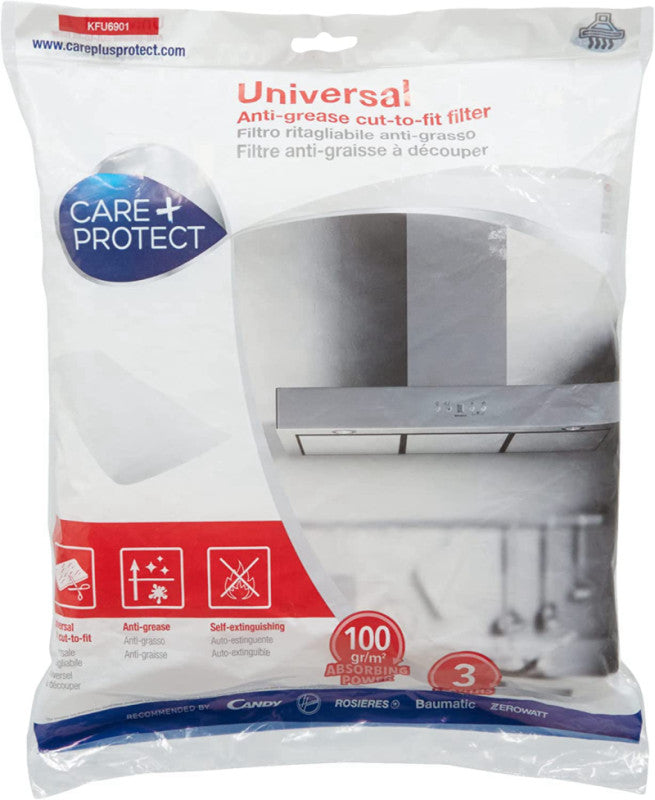
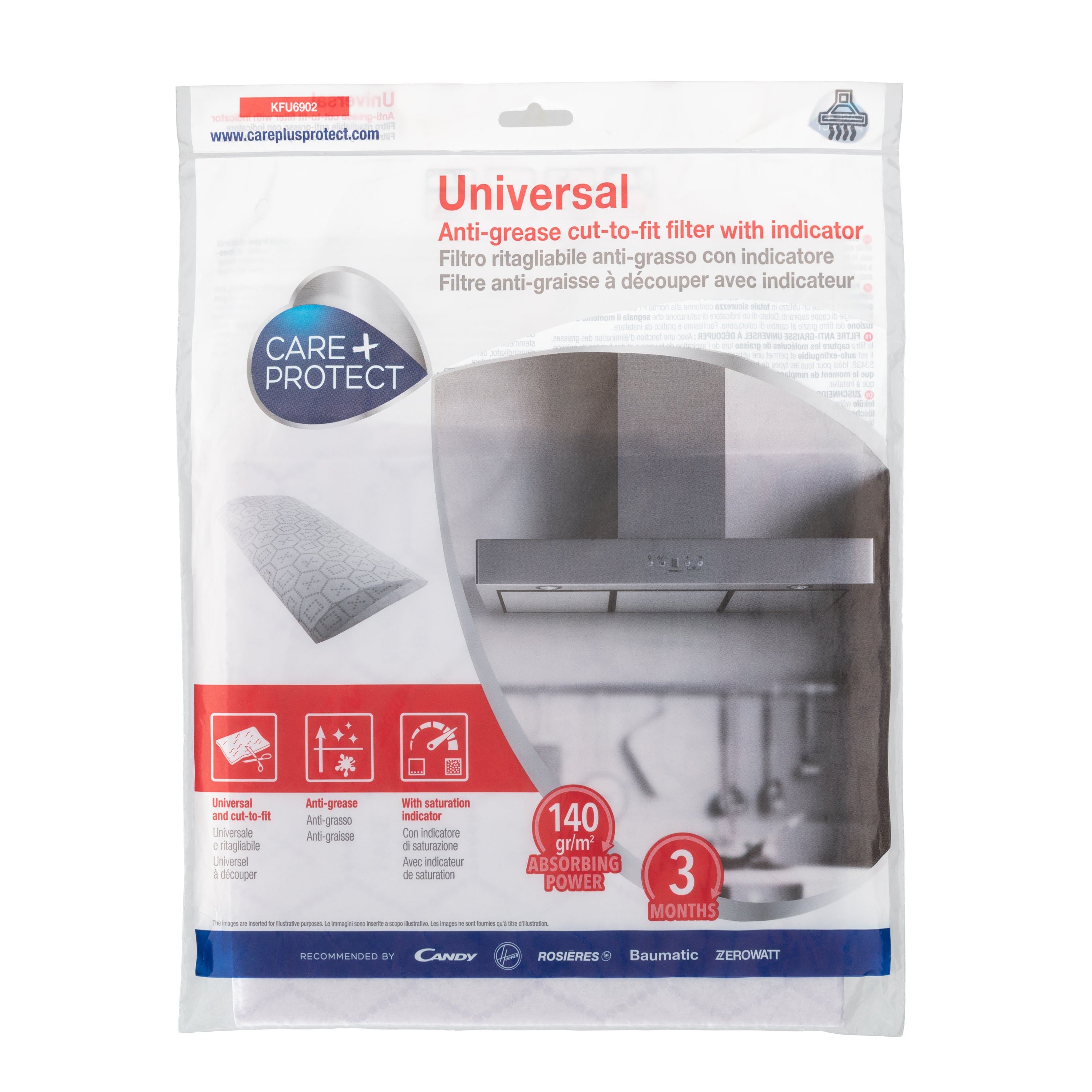
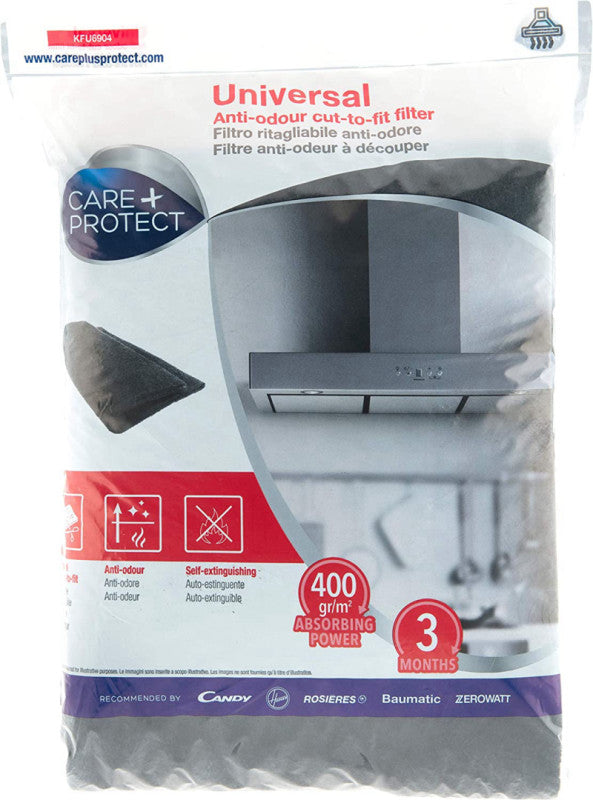
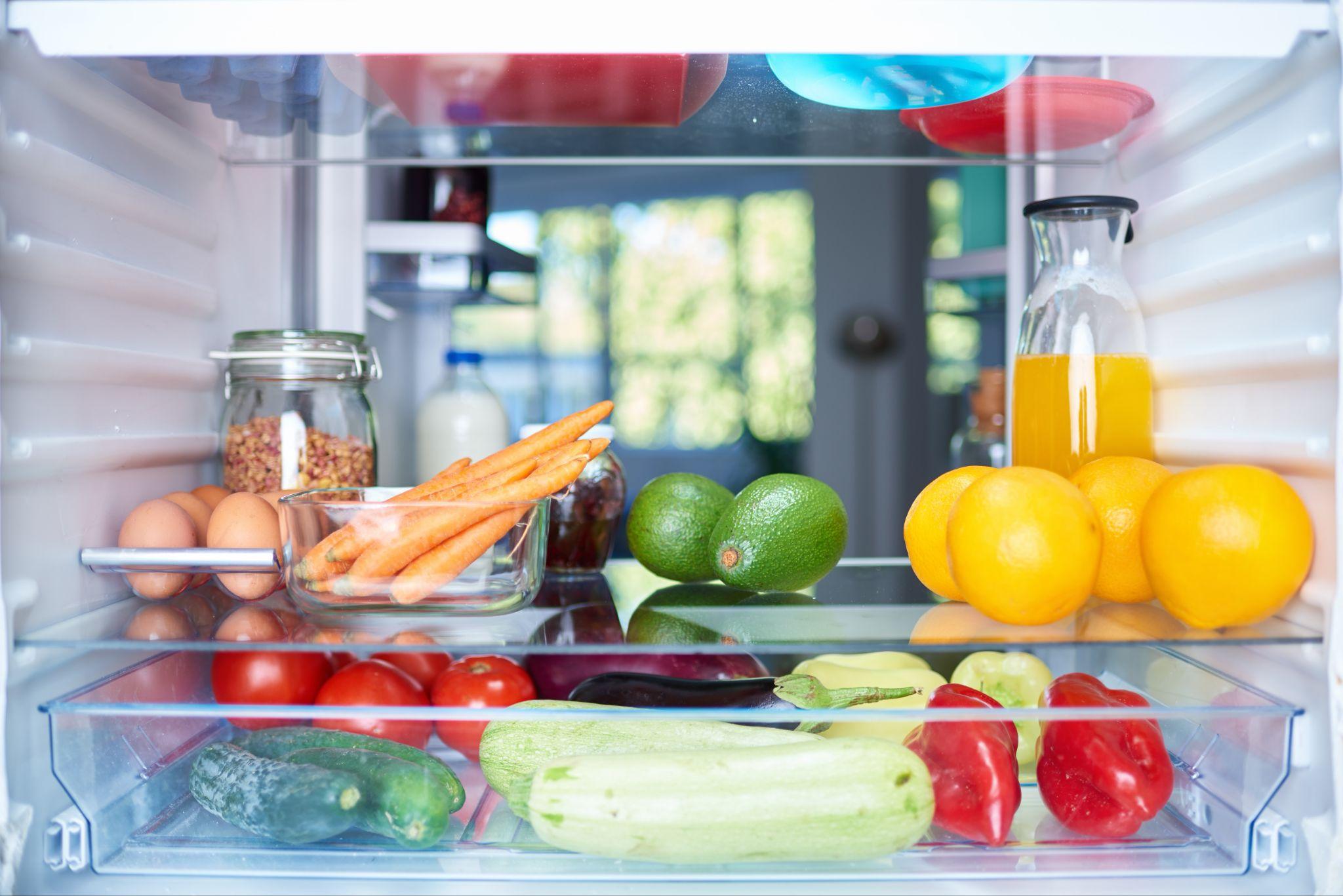
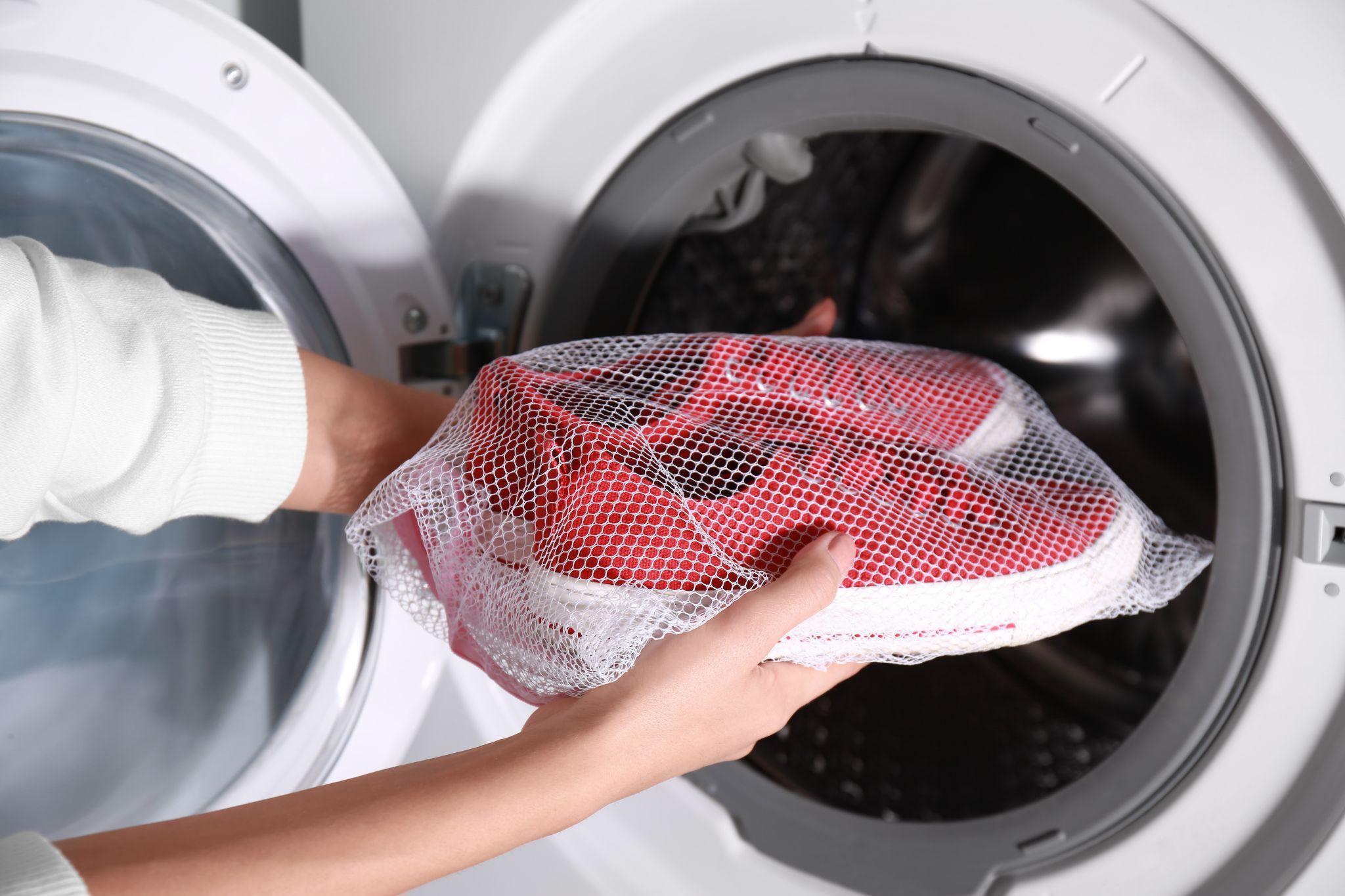

Leave a comment